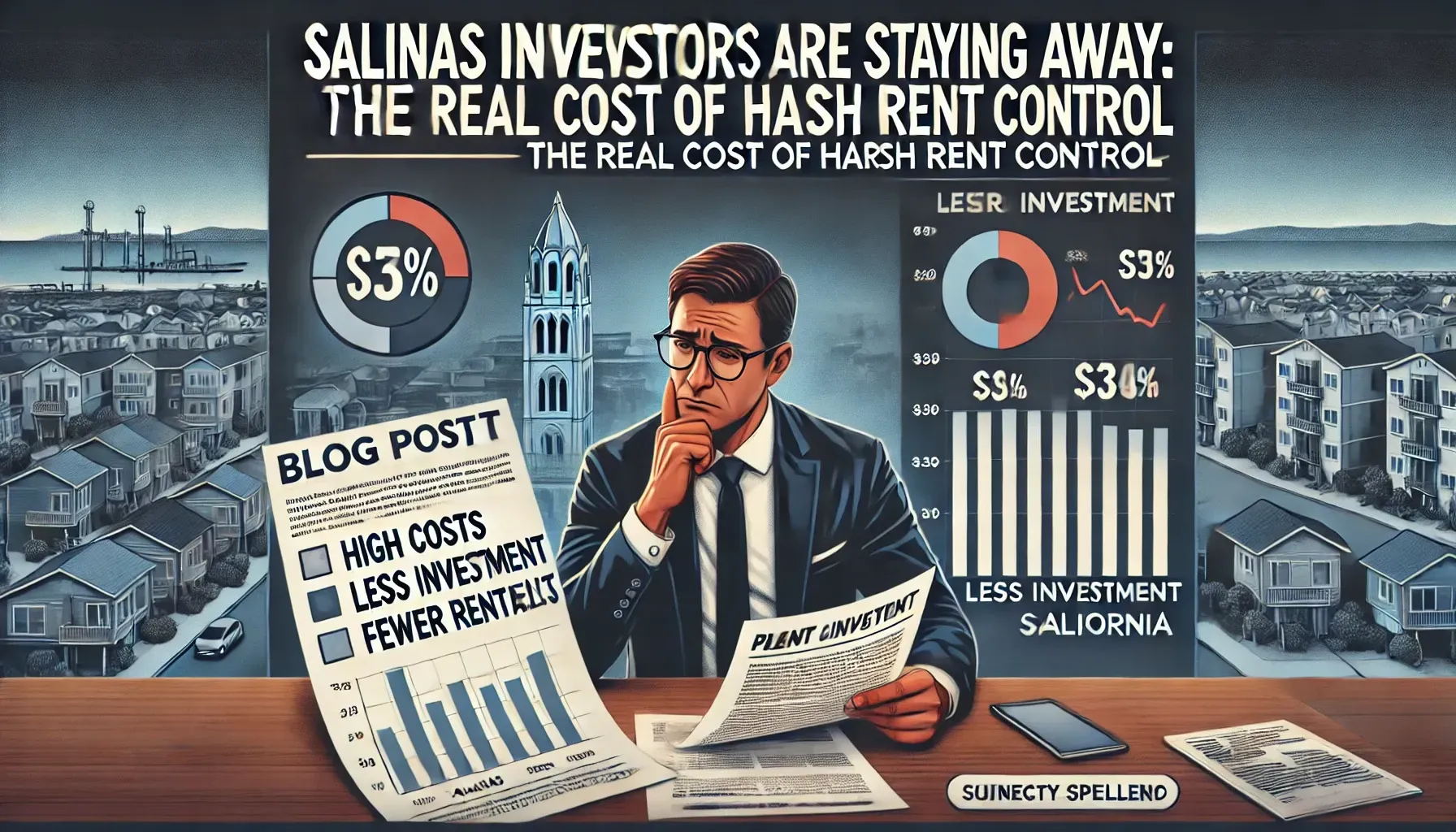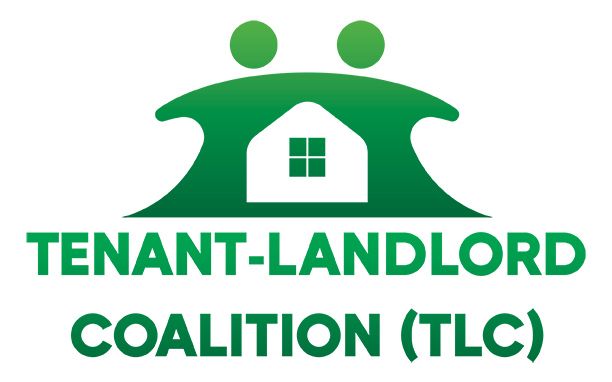555-555-5555
mymail@mailservice.com
Key Elements in Pennell v. City of San Jose: A Deeper Analysis
The dissenting opinion in Pennell v. City of San Jose sheds light on essential issues regarding constitutional rights, the burden of proof, and the limits of government authority in rent control. Below, we explore two critical elements from this opinion that continue to resonate in property rights discussions.
Argument on Equity and Precedent
The dissent pointed out that the Pennell decision lacks a solid foundation both in fairness (equity) and in legal precedent. A major concern is that the ordinance does not require the city to specify the degree of rent reduction tied to each factor, including the hardship factor for tenants. This lack of specificity complicates landlords’ ability to demonstrate how the hardship consideration affects their right to a reasonable return on their property investment.
This ambiguity raises two critical points:
1. Barrier to Judicial Review: Without clear criteria on rent adjustments, landlords may struggle to prove they’ve suffered a compensable loss under the Fifth Amendment. This lack of clarity could effectively block landlords from challenging perceived injustices, as they cannot pinpoint exactly how hardship considerations impact rent calculations.
2. Potential for Constitutional Injustice: The dissent suggests that shielding rent control decisions from meaningful judicial scrutiny could lead to constitutional injustices. The Court's stance, therefore, raises a broader question: Should ordinances that lack transparency and accountability in their application be protected from constitutional challenges? By overlooking the implications of ambiguous hardship factors, the majority decision may unintentionally allow ordinances to disproportionately burden landlords without appropriate legal recourse.
The Fifth Amendment and the Public Burden Principle
The Pennell dissent also emphasizes the takings clause of the Fifth Amendment, which prohibits the government from taking private property for public use without just compensation. Through the Fourteenth Amendment, this protection extends to state actions, including municipal ordinances.
The dissent references a well-established principle: the government should not compel individuals to bear the costs of a public benefit that, in fairness, should be distributed among society as a whole. Applying this principle to Pennell, we can examine two implications:
1. Unequal Burden on Landlords: By enforcing a hardship factor in rent control that benefits financially vulnerable tenants, San Jose is, in effect, asking landlords to shoulder the financial burden of housing affordability. The dissent argues that this burden, meant to address a public welfare issue, should be a responsibility shared by the broader community. When only a subset of property owners are financially penalized to meet a public objective, it may amount to an unjust transfer of public obligations to private individuals.
2. Precedent for Fair Compensation: Traditionally, when the government enacts measures benefiting the public (like rent control to address housing affordability), it must provide fair compensation to those who bear the cost. The *Pennell* dissent underscores that failing to offer such compensation could set a precedent where government-mandated public benefits impose undue financial strain on a select group, without appropriate relief. This approach challenges fundamental concepts of fairness and justice in public policy.
Broader Implications
These dissenting points touch on fundamental questions of transparency, fairness, and the constitutional rights of property owners in the face of rent control policies. The opinion suggests a need for future policies to address these critical concerns by providing clear guidelines and equitable cost distribution, potentially requiring municipalities to explore alternative solutions—such as subsidies or housing assistance programs—that do not disproportionately impact landlords.
By considering the dissent’s perspective in Pennell v. City of San Jose, we gain a deeper understanding of the legal boundaries within rent control and the protection of property rights, highlighting a continuing need for equitable policy frameworks in housing regulation.
This analysis not only provides insight into the case but also encourages readers to think about the practical and ethical dimensions of property rights and government intervention in the rental housing market.
SUPREME.JUSTIA.COM
Pennell v. City of San Jose, 485 U.S. 1 (1988)
Pennell v. City of San Jose
https://supreme.justia.com/cases/federal/us/485/1/#T1







All Rights Reserved | tlc-monterey.org
Formed in 2023, the Tenant-Landlord Coalition (TLC), is a growing group of concerned citizens seeking to promote the mutually beneficial exchange between renters and property owners with a minimal and limited amount of government intervention. Our group is comprised of both tenants and landlords who recognize the negative effects of rental registries, rent stabilization, rent control and how it diminishes the availability of suitable and affordable housing for both renters and buyers.





